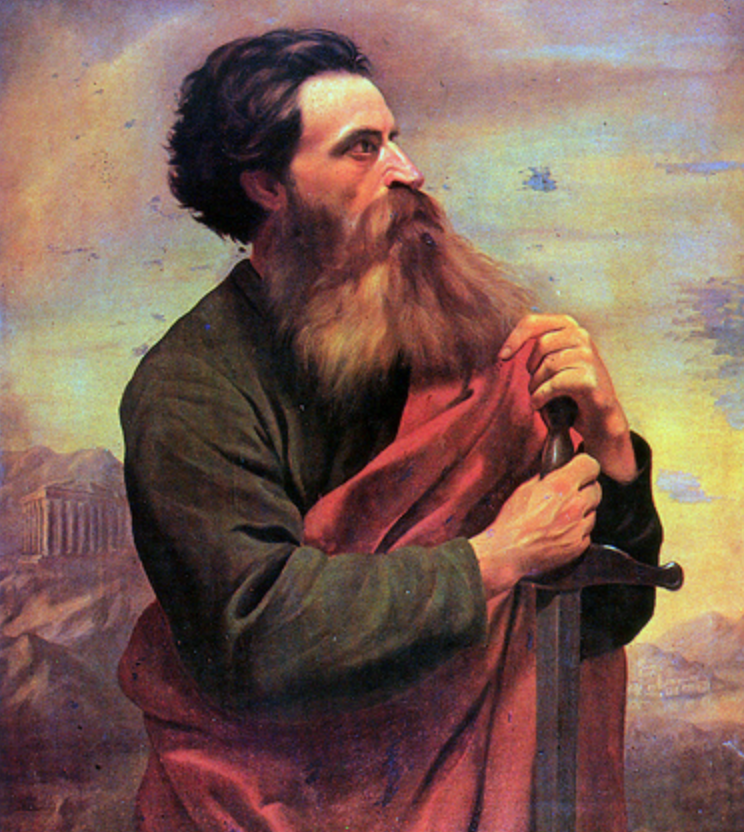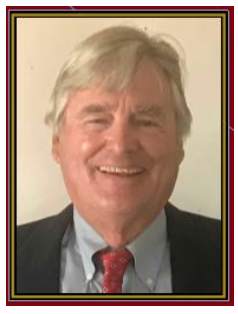The Role of Religion in Healing the National Divide

I was walking the other day thinking about my Dad. With Father’s Day rapidly approaching, it was a natural thing to do. My Dad was a gifted athlete. From him I learned lessons about sports that apply to both my understanding of our current national divide and the role religion has in healing it.
But first we must be clear about the nature of our political divide. It is not about partisanship. Partisanship is a natural response to human differences. Each of us sees the world differently. We have different interests. We have different strengths and weaknesses. Partisanship, through the vehicle of political parties, is nothing more than a way of organizing like-minded people to help them achieve their political goals. I am proud of my membership in the Democratic party. I am thrilled Joe Biden has become our president.
This insight about partisanship comes from the Apostle Paul’s discussion of his encounter with divine love on the Damascus Road. His experience was both deep and life transforming. From it, he penned some of the most beautiful words ever written in religious literature: “There can be neither Jew nor Greek, there can be neither slave nor freeman, there can be neither male nor female; for you are all one in Christ Jesus.” (Galatians 3: 28)
Let’s examine what Paul meant with regard to gender, the most relevant of the three categories for twenty-first century Americans. He was not saying that women and men are the same. When I look at the relevant females in my life, I see significant gender differences. Instead, Paul was saying that we are both, male and female, human beings.
Paul learned from his encounter what it means to be a human being. He was shocked and deeply disturbed when he came to understand the limitations and weaknesses of his human nature. His sense of moral superiority was expunged from his consciousness. He learned that God was totally other, a mystery, a source of deep, boundless love. In contrast, he, Paul, was a sinner with a limited perspective driven by ego-centric concerns. All humans are created that way.
Under different circumstances, my Dad learned this same lesson from playing sports. After completing college, he received professional contracts to play both football and baseball. You do not achieve such success in sports without being a highly competitive person. He clearly wanted to win.
As a very young boy, he came to my bed to pray every night. The prayer we recited came from the great sports writer Grantland Rice. It went like this: “When the one great scorer comes to write against your name, he will write not whether you win or lose, but how you played the game.”
After praying, we would talk. “Rick, I loved playing football. And I always played to win. But football is a game, and I couldn’t play a game I love without opponents. Therefore, you must always think of your opponents as friends.”
In the present political context, I have a new hero: Liz Cheney. While Liz and I differ quite profoundly in the political positions we take, we are friends based on our love of the American political system and our engagement in the game of democratic politics. As friends, we are called to play this game with civility. This means there can be no demonizing of an opponent. It means that dishonest finger pointing for political gain is a violation of the rules of the game. It means that any sense of moral superiority I might feel toward her must be expunged from my political consciousness because we are both human beings, male and female, struggling with the limitations of our human nature to articulate a vision of what is best for the country.
Playing the game of politics with civility is the best way I know to heal our current political divide. I thank the two great Pauls in my life, the Apostle and Paul Herrick the football player, for helping me come to this understanding.

